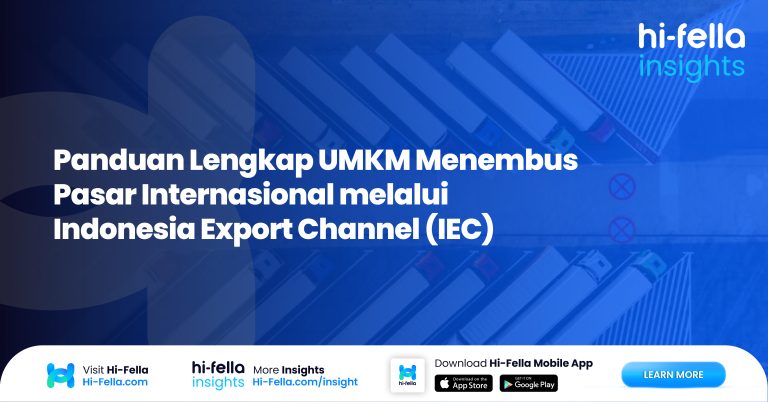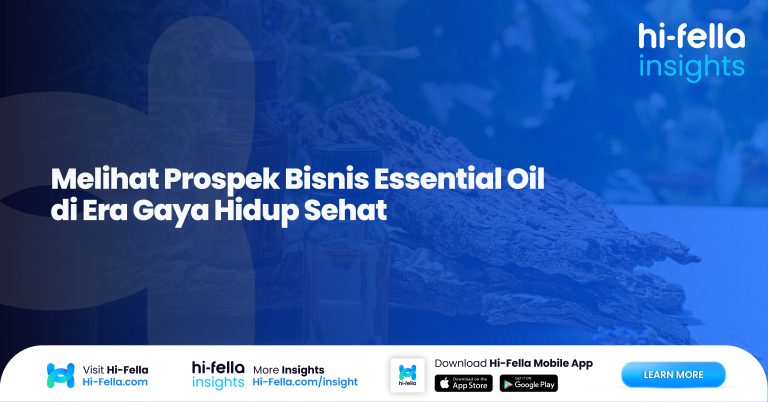Table of Contents
In the world of business, economics, and global trade, there’s a term that often takes the center stage – Foreign Direct Investment, commonly known as FDI. This comprehensive article will walk you through the intricacies of FDI, from its fundamental definition to its profound impact on economies worldwide.
Understanding FDI: A Fundamental Definition
At the core, Foreign Direct Investment, or FDI, represents a significant financial commitment made by an investor, a company, or even a government, originating from one country, into a foreign enterprise or project. The underlying purpose of such an investment is to establish a lasting interest in the chosen venture.
What distinguishes FDI from other forms of investments is the level of control and involvement it entails. FDI investors typically acquire controlling stakes in domestic firms or engage in joint ventures, actively participating in the management and decision-making processes.
Delving Deeper into FDI’s Intentions
The intentions behind an FDI can be diverse. It might involve acquiring vital sources of raw materials to fuel a company’s operations or expanding a company’s market footprint beyond national borders. Furthermore, FDI can lead to the development of multinational corporations, driving innovation and economic growth on a global scale.
Global Trends in FDI: A Comprehensive Overview
FDI isn’t confined by borders; it’s a global phenomenon. To understand its true significance, we need to explore the global trends associated with it. By analyzing these trends, we can gain insights into which countries are magnets for FDI and which sectors reap the benefits of substantial foreign investments.
The Leaders in FDI Recipients
In recent years, two global giants, the United States and China, have consistently emerged as the frontrunners in attracting foreign direct investments. Their robust economies, well-established infrastructures, and business-friendly environments make them highly appealing to international investors.
Sectoral Insights: Where Does FDI Flourish?
FDI doesn’t disperse evenly across all industries; some sectors receive a more significant share of these investments. Understanding these sectoral trends is crucial to recognize the areas driving economic growth and technological innovation.
The Impact of FDI on Host Countries
The implications of FDI go beyond financial transactions. They extend into the realms of host countries, profoundly influencing their economic and social landscapes. Let’s explore the multifaceted impact of FDI, including the emergence of special economic zones and technology clusters.
Special Economic Zones: Engines of Development
Special Economic Zones (SEZs) are enclaves that offer a range of financial incentives, regulatory relaxations, and infrastructure support to attract FDI. These zones play a pivotal role in bolstering local economies by fostering industrial development, attracting foreign businesses, and creating employment opportunities.
The Birth of Technology Clusters
In the digital age, technology clusters have become synonymous with innovation and progress. FDI plays a pivotal role in nurturing these clusters, bringing together cutting-edge technology, skilled talent, and dynamic entrepreneurship. Such clusters become hubs for innovation, driving advancements in various industries.
The Global Landscape of FDI in Numbers
As of 2021, the world saw a staggering $1.8 trillion of foreign direct investments flowing across borders. This immense sum underscores the importance of FDI on a global scale, and it’s indicative of the vast opportunities and challenges that accompany this form of investment.
Conclusion
Foreign Direct Investment, in all its complexity and global reach, is a driving force behind growth, innovation, and transformation on a global scale. Whether you’re a business professional, an investor, a policymaker, a student, or merely someone curious about the dynamics of the global economy, understanding FDI is paramount. It has the power to reshape nations, elevate industries, and fuel progress.
In this article, we’ve explored the very essence of FDI, its global trends, and the profound impact it has on host countries. FDI isn’t just about financial transactions; it’s about creating a better, more interconnected world, where economic development and innovation thrive.
So, let’s embark on this journey to decipher the world of FDI, where opportunities abound and growth knows no bounds. Join us in exploring how FDI fuels growth, fosters innovation, and transforms economies. It’s a voyage that holds immense promise, and the global market beckons. Will you answer the call?
Trade globally now with Hi-Fella and seize your international opportunities.
Sources:








